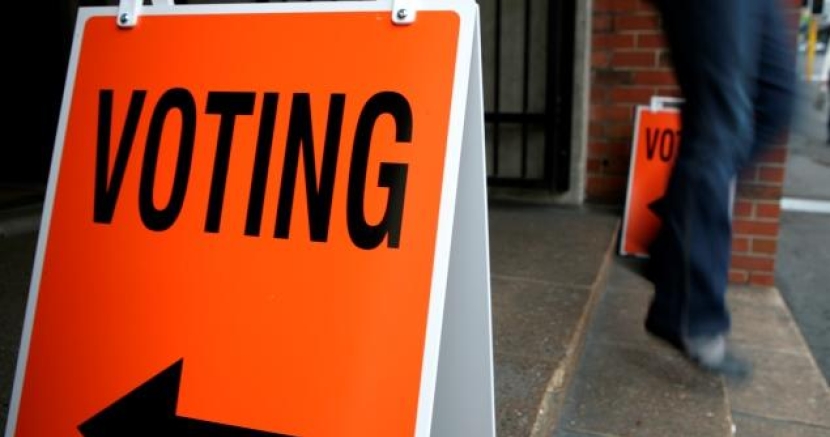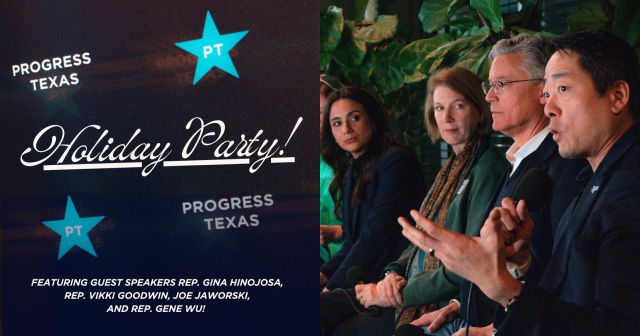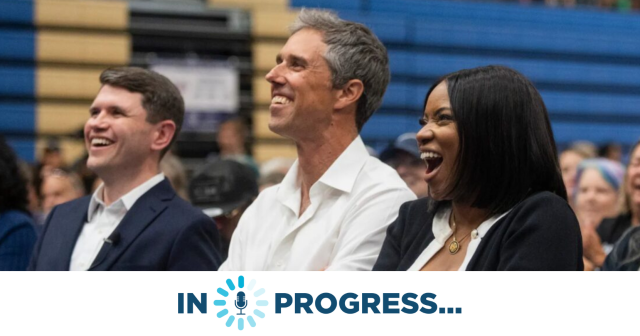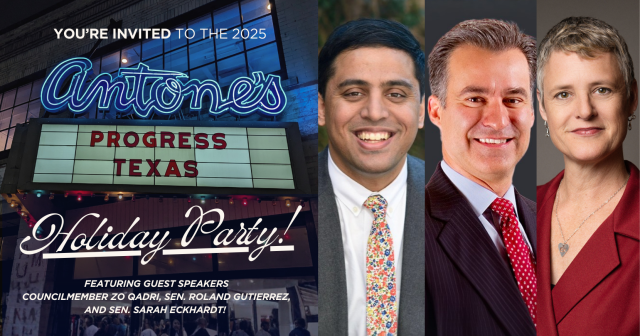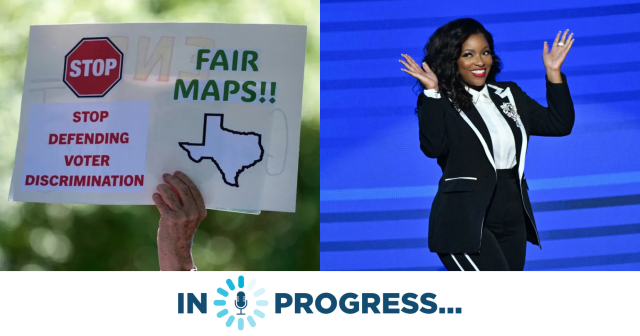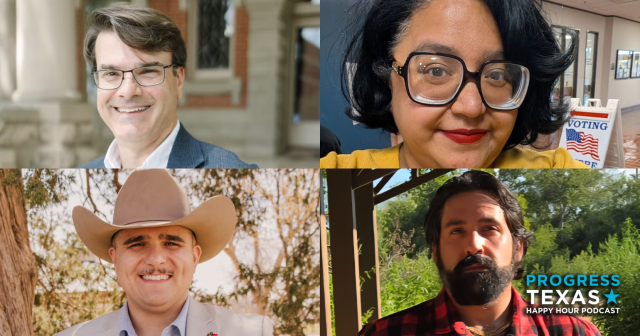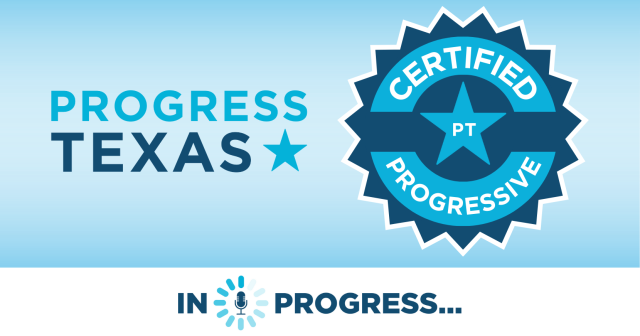Last Tuesday, the 5th Circuit Court of Appeals heard oral arguments in the state's voter ID case - Texas NAACP vs. Steen.
Since Republicans pushed the law through in 2011, it has caused direct harm to Texas voters. This past election, those impacts were clear as Texas’ voter turnout, already the worst turnout in the country, went down by 270,000 votes from the previous midterm election (2010).
The Brennan Center identified people who were impacted by the law. One Texan, Della Lewis, 89, had voted in every election since she was 30 but was unable to cast her ballot this year.
“They always sent me my card and I always voted,” she said. But she couldn’t vote last November because she did not have an up-to-date photo ID. She no longer drives, so her driver’s license is expired. Even with her voter registration card, she was not allowed to vote.
“She voted a provisional ballot, but she was not able to get it counted. She could not get to a Department of Public Safety (DPS) office with the documentation she needed in time to have her vote counted. She does not have access to a birth certificate, because she was delivered by a midwife, and she was not able to get the other documentation she would have needed to get a new ID in time.”
Republicans in Texas didn’t waste a minute when they realized that implementing strict Voter ID laws would mean fewer minorities, lower-income voters, and students – all of whom trend liberal – at the polls. Governor Perry was at the helm of pushing the law through by declaring it as an emergency item that the state desperately needed. The bill was then quickly signed into law ending a six-year battle over the piece of legislation.
“This simple action, no more complicated than cashing a check down at the HEB or applying for a library card down the street, will appropriately help maintain the integrity and fairness of our electoral system here in the Lone Star State,” Gov. Perry said at the signing.”
While that all sounds nice, Governor Perry, the fact of the matter is that voter fraud was not a rampant problem affecting our state.
During now Governor Abbott’s tenure as Attorney General, he prosecuted a mere 50 cases of voter fraud in Texas from 2002-2012 – that’s five people per year.
After three years of the law being challenged in the courts, the law was overturned by a federal judge in October of 2014 who cited that this law would disqualify over 600,000 people from being able to vote. Rather than realize that the law was harming an essential aspect of our democracy, Republicans appealed to the Supreme Court for an emergency stay – that way the law would be in place for the 2014 election. It is there that the law was allowed to be carried out until after the election and the Supreme Court would be able to hear the case.
The prospect that we would continue to prohibit 600,000 possible voters from casting their ballots in order to prevent five instances of voter fraud is ludicrous. We need to keep making the impacts of this bill known so that we can band together to get rid of it.
DONATE
Your donation supports our media and helps us keep it free of ads and paywalls.

